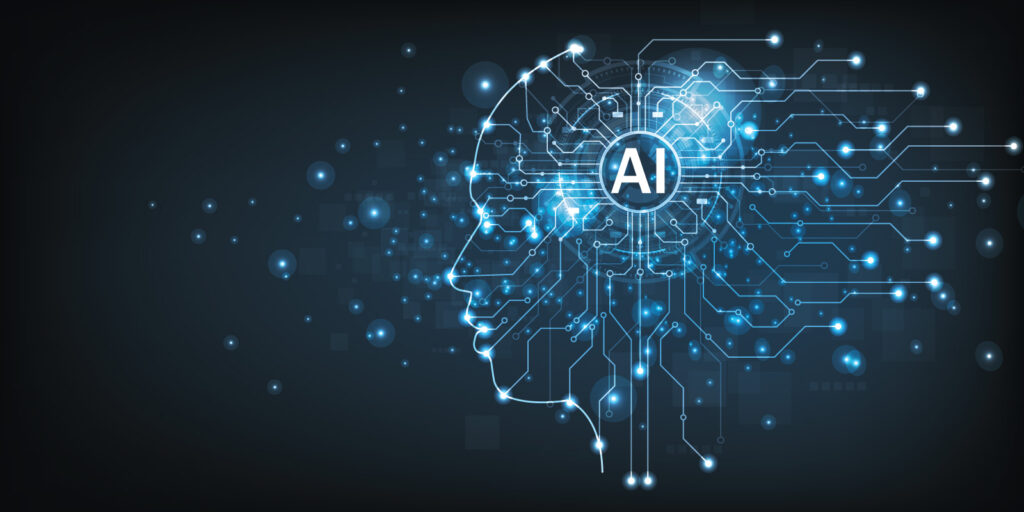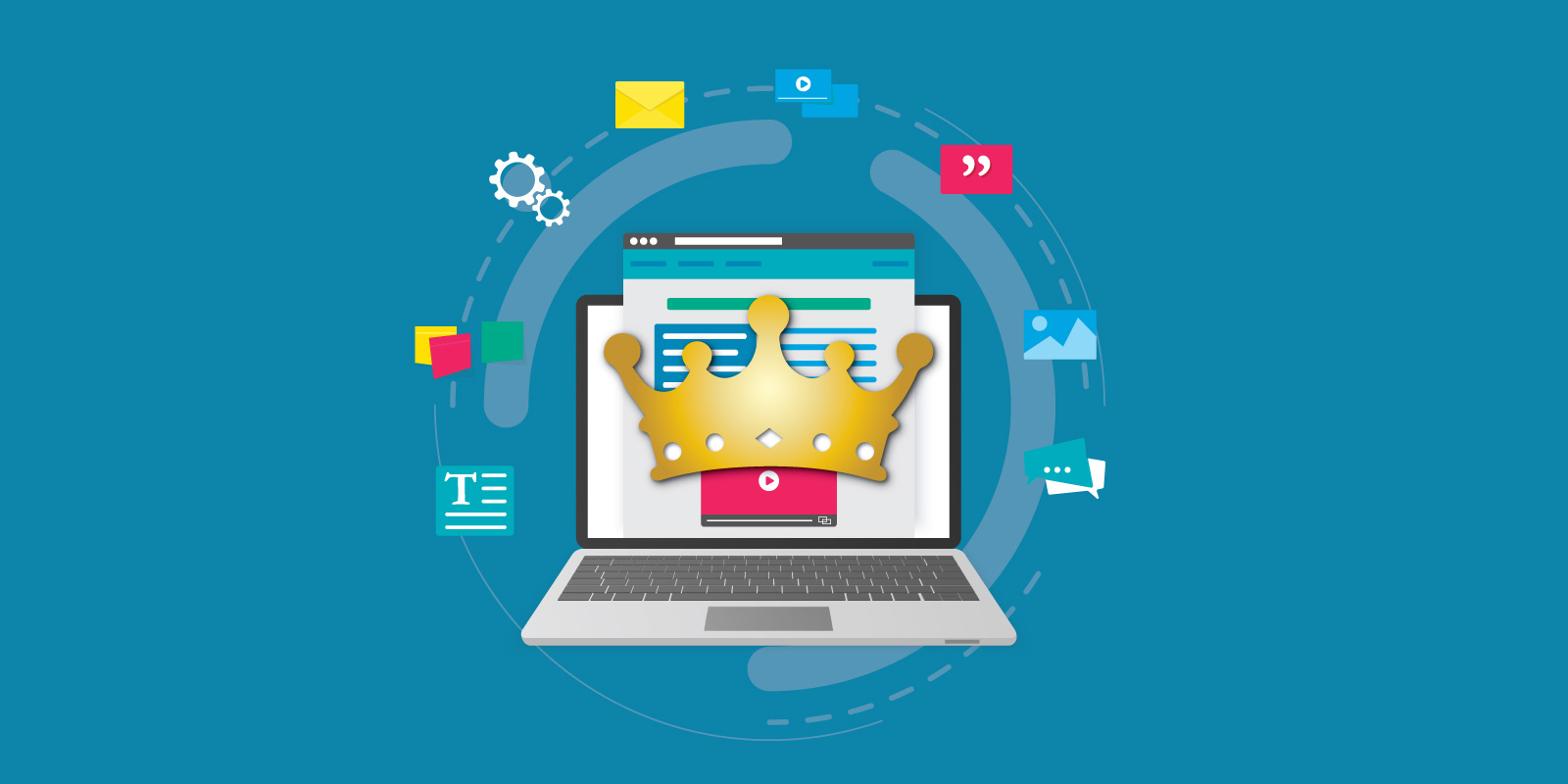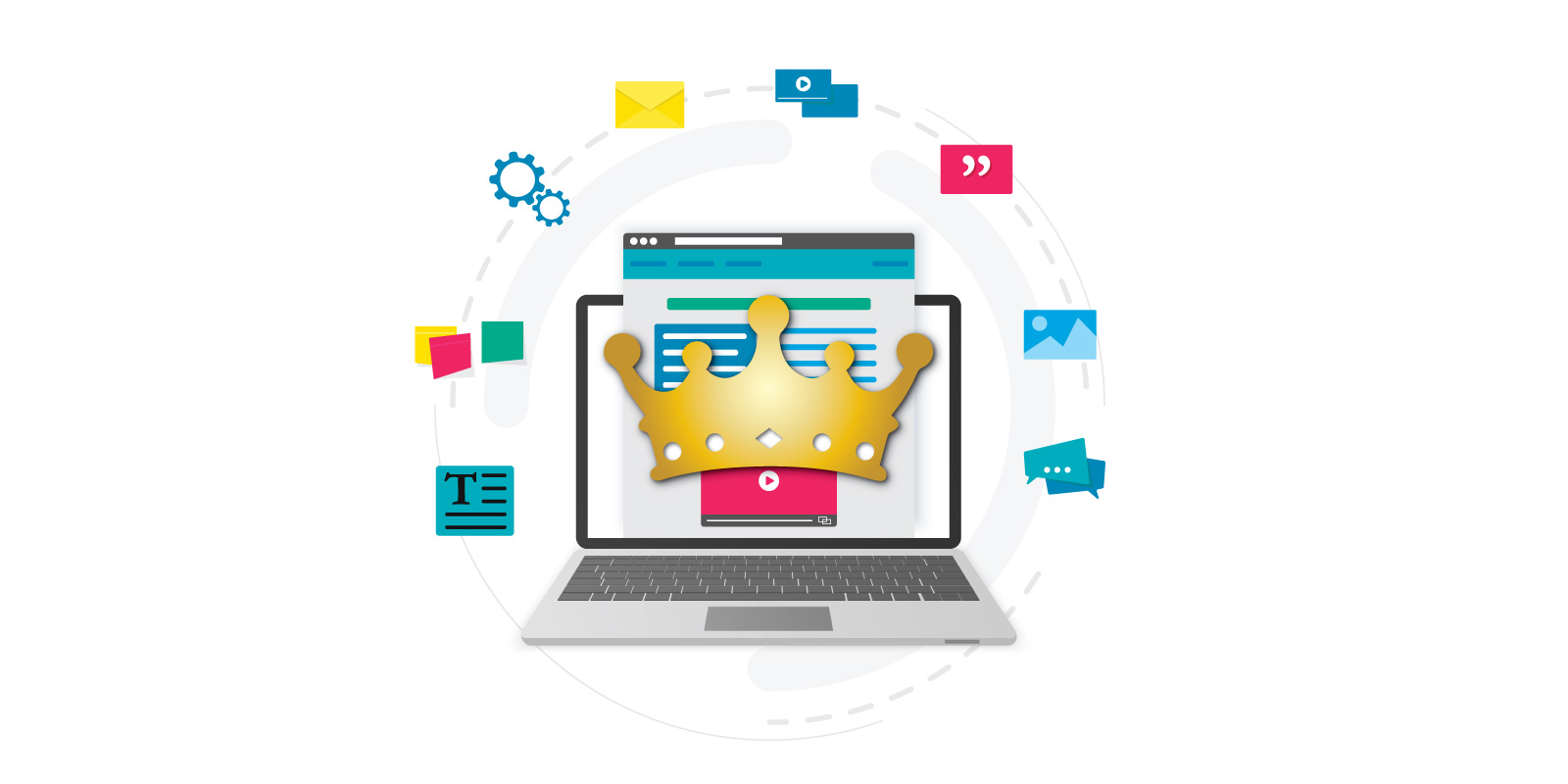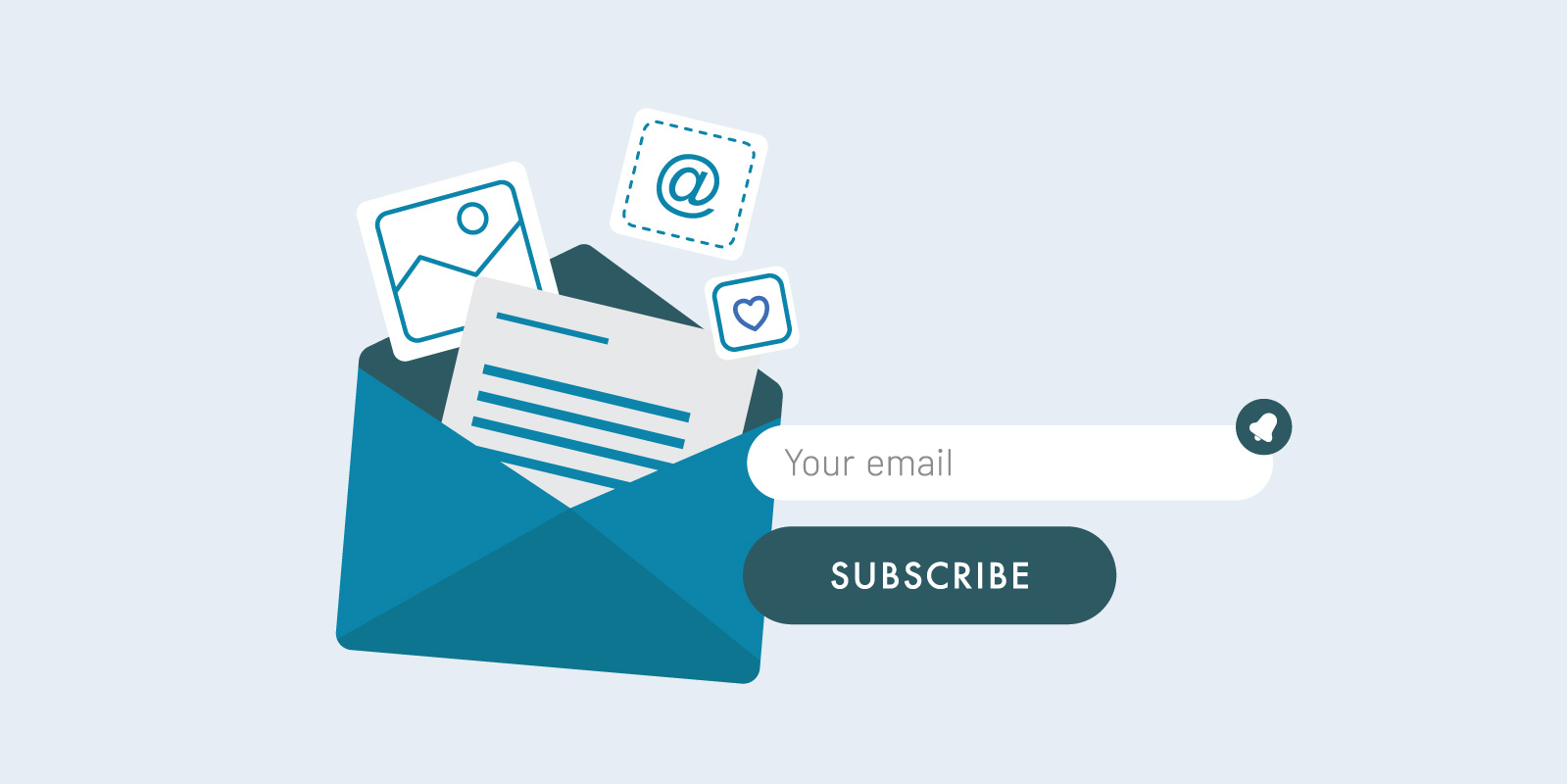AI. Artificial Intelligence.
It has sparked global news headlines, congressional hearings, letter-writing campaigns by academics and business executives, pop culture fear—HAL, Roy Batty, WarGames, Skynet, M3gan—and more. Google Lab’s AI even tried to help me write this post (NOTE: AI didn’t contribute to this post).
In this post, I focus on “What is AI” as of 2024 (it’s complicated and could change), what it means for your business, and what you should do today.
Artificial Intelligence Defined
Artificial Intelligence (AI) is intelligence carried out by computer programs designed to mimic human intelligence using programmatic algorithms with machine computing speed and power. AI is a tool—a sophisticated, powerful, and potentially scary tool—but a tool nonetheless.
That is my characterization. I am not an expert. AI is more complicated and nuanced than that. Here are four additional definitions to consider.
Artificial Intelligence (AI), a term coined by emeritus Stanford Professor John McCarthy in 1955, was defined by him as “the science and engineering of making intelligent machines.” Much research has human programmed machines to behave in a clever way, like playing chess, but, today, we emphasize machines that can learn, at least somewhat, like human beings do.
Artificial intelligence is the simulation of human intelligence processes by machines, especially computer systems. Specific applications of AI include expert systems, natural language processing, speech recognition, and machine vision.
Artificial intelligence (AI) refers to the simulation of human intelligence by software-coded heuristics.
Artificial intelligence (AI) is intelligence—perceiving, synthesizing, and inferring information—demonstrated by machines, as opposed to intelligence displayed by humans or by other animals.
Human technological advancements such as agriculture, wheels, gunpowder, indoor plumbing, steam power, electricity, factories, vaccines, computers, and more recently, the internet, smartphones, social media, and web 3.0/blockchain usher in massive cultural, sociological, and economic change.
What sets apart this AI moment from other technological pivot points in history?
First, it’s the speed of disruption AI brings to existing industries and the world. Remember, Artificial Intelligence engines were released publicly in the Fall of 2022. Second, and just as important, it’s the pace at which AI is learning and evolving.
Overwhelmed? Confused? Worried? Intrigued?
Download Creative Blend Design’s Artificial Intelligence Glossary of Terms.
We compiled key definitions from expert sources to help you get up to speed on AI.
Branding, Trust, and AI
The legal and ethical issues from AI engines becoming publicly available loom large and are fast coming. There are significant branding and trust issues for businesses.
Visual artists and musicians are at the forefront. Powerful AI painting and photography engines are being built using tens of thousands of images and photographs without the permission of the original creators. Cue copyright lawsuits.
Have you heard John Lennon AI?
The vocal realness is shocking even though the songs are amateurish—for now (cue the AI Lennon-McCartney songwriting engine).
Did you see The Beatles’ “Get Back” documentary in 2021? It turns out that Peter Jackson used custom AI software to clarify audio dialogue from hundreds of hours of film footage for the film.
Then last year Paul McCartney, Ringo Starr, and the estates of George Harrison and John Lennon asked Jackson to work on the cassette tape audio of a John Lennon demo. The work turned into “Now and Then,” the official last song by The Beatles released in Dec. 2023 and made possible by AI.
Recently, a viral Drake AI song was blocked on YouTube for copyright infringement.
But I have to ask why and how? It’s not Drake. The Drake AI creator didn’t claim it was the real Drake. The real Drake didn’t write or sing the song. Does his record company own his voice? An imitation of Drake is “fair use” under today’s copyright law.
Herein lies the AI branding and trust issues that confront business people. AI is out in the wild. It’s not going away. The proverbial AI toothpaste is out of the tube and can’t be put back in. This new technology is disruptive, transformative, and quickly evolving.
Can AI blog and write today? Yes. Is AI writing good enough to publish? Sometimes. At a minimum, current writing AI engines require copy editing.
AI writing is getting better so rapidly that some technology and business pundits are predicting copywriting’s end. I’m not so sure.
A better question to ask is if I create a post, a video, a photograph, marketing research findings, or financial projections using AI, should my business disclose it?
Absolutely YES. Business people using the internet and social media know that transparency and trust are valuable brand commodities. Fake is fake and incredibly dangerous for a brand.
AI makes brand transparency and consumer trust that much more important.
The digitizing of trust is a critical issue for the global business world and society in general. Disinformation, deep fake videos, bots, alternative facts, and AI audio question reality, corrupt society, and pose intellectual property (IP) or outright theft issues for businesses.
AI may bring about the final tipping point on realness and trust. AI is so powerful in its public infancy that it could drive renewed accountability on critical thinking, truth, facts, and authenticity.
For brands, that means we have to redouble our efforts to protect our brand’s authenticity and strengthen our ties to our consumers.
As a business owner and marketer, you must understand AI and its implications for your industry. Think about how you can use and integrate AI with your business, brand, products, and services.
Finally, think about ADAPTING because we all will have to.
AI the Technology Disruptor
Technology disruptions bring change. Artificial intelligence is no different.
Do you remember travel agents? How about classified advertising or newspapers for that matter? Do you remember taxi cabs? Do you still have a telephone landline? When was the last time you used a pay phone or cash money to buy something?
Some jobs and industries disappear with technology disruptions. But new jobs and new industries are created.
A smart question to ask today is what new business opportunities, processes, or careers will AI bring to my industry? How can AI be layered into my business and operational processes?
AI is already integrated into e-commerce and SaaS companies with online customer service chatbots. Only about a third of consumers like using chatbots today. But chatbots reduce customer service operations costs by 30%. That’s why 80% of businesses were expected to implement some form of chatbots by the end of 2022. Are chatbots irritating? Yes. Are chatbots good? Some are. Many aren’t. Do chatbots save businesses money? YES. Will they get better? Yes.
Let’s take the Wayback Machine to the mid-90s.
How good were grey wallpapered websites? Remember this sound? How quickly did webpages load? Remember Flash websites from the mid-2000s? The web evolved and got better.
Let’s consider the music industry revolution brought about by the technology disintermediation of Napster and then MySpace. Today Apple Music and Spotify dominate the music industry and consumers listen to the majority of music through their phones.
The traditional recording industry is a shadow of its former self. But new industries and careers have replaced the discovery, financing, accounting, promotion, and distribution functions the industry provided to artists in the past.
Think about the first time you tried accessing a website on a smartphone. It was slow and unresponsive. Today, mobile and apps dominate every aspect of the internet and how businesses interact with customers and prospects.
Try to remember the first time you used a search engine. They weren’t very good or accurate. But they evolved over time.
Eventually, search engines and the internet became dramatically better and fundamentally changed consumer behavior (e-commerce, social media, etc.). New technologies have sparked industries and careers that were unimaginable twenty years ago. While it is still extremely early days, the same will happen with AI—only faster.
AI Is A Tool For Business
Putting aside the global news headlines and congressional hearings, I think about Artificial Intelligence as a new transformative tool for businesses and marketers. Here are some of my non-expert thoughts on how the AI tool impacts business people and marketers in the near term:
- Production – The physical act of basic, non-specialized copywriting goes to the bottom of importance in the content creation process and becomes an Artificial Intelligence commodity. Other marketing and content production line functions like initial comp creation, design, and asset production become AI commodities as well. However, human creatives and editors of all kinds—strategy, marketing, idea, design, engineering, graphics, video, photography, etc.—grow in importance to marketers and businesses as they learn how to use and create with AI. Production as a commodity will enable marketers and creatives to personalize brand messaging directly to customer personas or target audiences in unimagined ways. Marketing will become more effective.
- Creativity – First, AI unleashes more time for human creatives and editors to spend time being creative and thinking. This will drive up the quality and value of great ideas and creativity. Second, AI can be used by creatives and editors in ideation as a thought-starter, thought-extender with queries to AI engines with massive databases. Questions can be used to build on creatives’ initial ideas: “If we do this or that, how will our different target audiences react?” Asking big questions of AI engines will spark creative ideas or extend creative thoughts. Let’s broaden creativity to business operations. Imagine the time savings and efficiencies that can be achieved by AI tools analyzing massive databases off of business queries.
- Speed – AI is evolving fast. AI programs learn and get more intelligent over time. This will mean that we’ll carry out a whole range of manual tasks that take time incredibly fast. That will eliminate some jobs while creating new ones. And it will give businesses and valuable creative or critical thinkers more time to ideate, innovate, and create. Time is more than money—time is everything—in business and life.
- Testing – Artificial Intelligence advances in production, creativity, and speed will supercharge our ability to test everything—ideas, creative, products, services, operations, customer behavior—faster than ever before. Businesses that adapt may become more efficient and profitable.
A Real-World Example Of AI In Practice
We created this summary video of this blog post using the AI video app Pictory. We simply pasted our blog URL into the Pictory engine, made a series of selections, and BOOM.
This first-time AI video production effort took 40 minutes to produce. The video promotes this blog post on our social media accounts and email campaigns. CBD plans to increase client video promotion using AI-generated video.
That’s the power of AI tools.
What Should You Do Next? Jump In!
So what should you do next? Simple. Jump in the AI pool head first. Sign up for new AI accounts. Here are some posts with lists and descriptions of business AI apps for you to consider:
Play with it. Learn AI. Experiment with AI. Test AI internally. It’s early days so be very careful about releasing AI-generated anything to your customers. If you experiment with AI publicly, be absolutely one hundred percent transparent and provide clear AI attribution.
Think about how artificial intelligence tools can change your industry, business, operations, products, and services. Then buckle up and adapt.
Are you struggling with business branding or marketing? Don’t know where to start with updating your company’s marketing strategies and campaigns?
Creative Brand Design can help! Our results-driven agency has almost two decades of experience helping businesses and organizations like yours grow efficiently. We’re experts in creating and optimizing our clients’ marketing strategies, search engine optimization, social media campaigns, and much more.
Let’s talk and see how we can help your business grow. Connect with us today.
Stephanie Farber is the Founder & Creative Director of Creative Blend Design. Since 2004, Stephanie has led the development, launch, and optimization of hundreds of targeted, multi-channel marketing plans for non-profit and business clients in San Antonio, Texas, and across the U.S.



